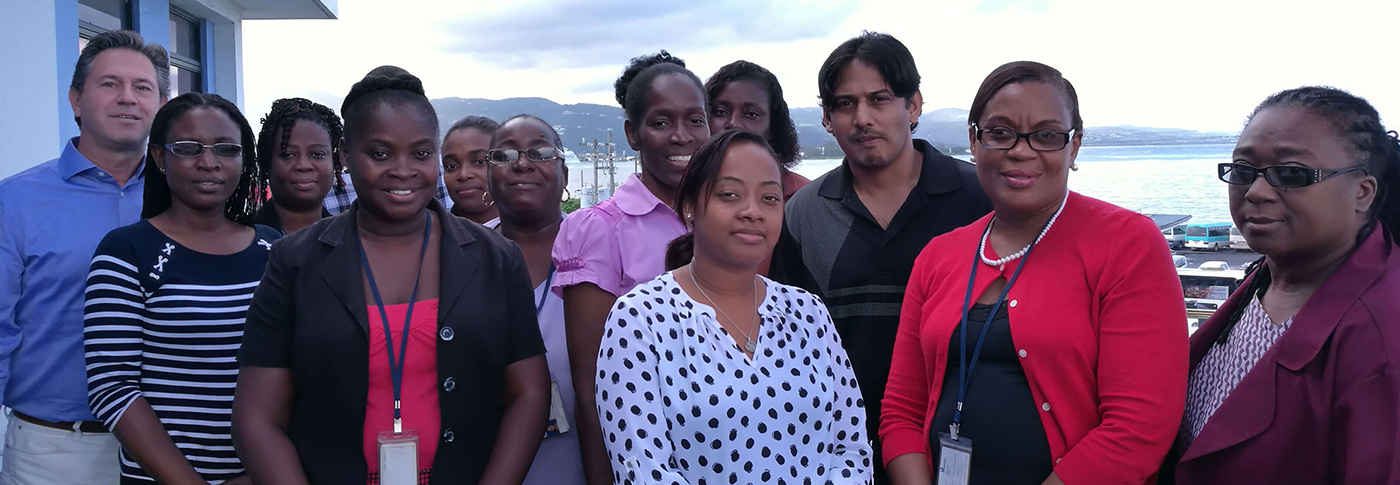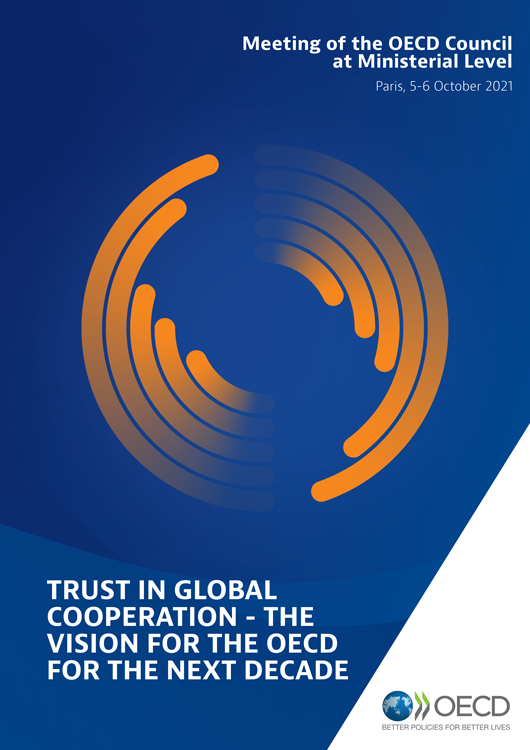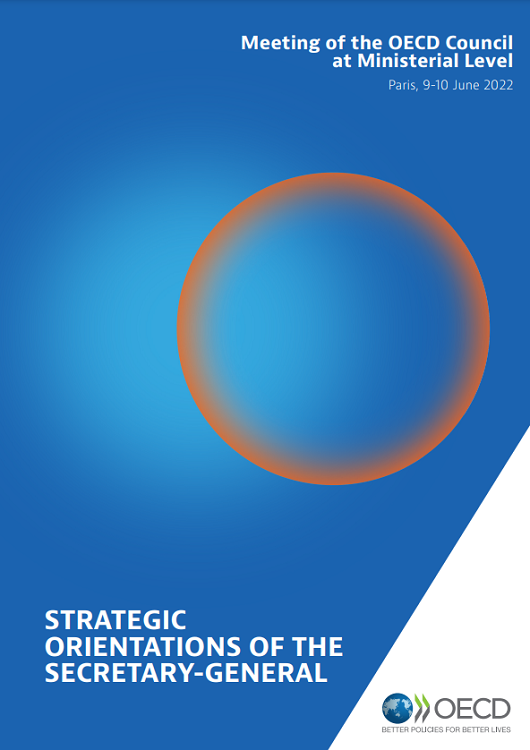
Ensuring multinationals pay a fair share of taxes
Tax Inspectors Without Borders is helping local authorities audit multinationals to ensure that the right amount of tax revenue is collected.
What's the issue?
How can developing countries finance their efforts to meet the sustainable development goals? Aid and borrowing are not enough. They need to mobilise domestic resources to finance their development.
For many countries, better tax collection holds the key. The trouble is that multinational companies are very good at lowering, or even eliminating the tax they should pay. This is a major challenge for developing countries, not least because of a shortage of skilled auditors capable of going head-to-head with the multinationals.
The TIWB initiative is a unique approach to helping developing countries build tax audit capacity through targeted technical assistance programmes. The programmes aim to help countries and jurisdictions mobilise tax revenues to support the achievement of the SDGs
Rusudan Kemularia Head of the Tax Inspectors Without Borders Secretariat
What’s the solution?
Tax Inspectors Without Borders is a joint OECD and UNDP initiative. It helps developing countries in Africa, Asia, Europe, Latin America and the Caribbean build up skills by sending the very best tax inspectors available to work with local teams on complex, real-life audits of big companies.
By providing hands-on assistance and peer-to-peer learning, the programme improves understanding of global tax challenges and helps authorities claw back unpaid taxes. It also provides a new approach for building up tax skills.
Having gained confidence and skills under an initial, successful TIWB programme, the Liberia Revenue Authority now has enhanced capacity to audit multinationals.
One or two years ago, our audit programme was randomly done. We were not auditing the multinationals because we did not have the expertise
Darlington Talerys Commissioner Liberia Revenue Authority Domestic Taxes Department

What's the impact?
As of February 2021, TIWB audit assistance, including anonymised casework conducted during ATAF/OECD/WBG workshops since 2012, has allowed tax administrations in developing countries to yield cumulative increased revenue collected of approximately USD 775 million and further tax assessments worth USD 2.37 billion.
This initiative has been a game changer for all sides. It has built the skills and competencies of tax auditors and increased their ability to process audits more effectively. But the value of these programmes goes beyond recovered money. It bolsters international co-operation and helps build a fairer world economy. Businesses benefit from a more predictable fiscal climate and tax certainty.
So far 16 partner countries have sent tax officials to countries and jurisdictions requesting audit assistance programmes under Tax Inspectors Without Borders. This includes a growing number of South-South initiatives, in which emerging economies with strong auditing capacity are sharing their expertise with regional neighbours. The initiative works closely with key partners, such as the Forum on Tax Administration (FTA), a consortium of over 50 leading tax administrations worldwide, the African Tax Administrations Forum (ATAF), the European Commission and the World Bank Group (WBG).
Despite the current travel restrictions posed by COVID-19, TIWB partners are resilient and most operations have switched to remote assistance, with procedures in place to protect taxpayer confidentiality.
The success of the current TIWB model has triggered the expansion of the initiative’s scope to include criminal tax investigations and the effective use of information exchanged automatically between governments, both of which will help fight Illicit Financial Flows. New pilot programmes will also cover joint/simultaneous audits, extractive industry taxation and environmental tax issues.
Despite the constraints that the COVID-19 crisis has imposed, the TIWB initiative remains fully 'open for business' thanks to measures instituted to support experts in continuing to deliver assistance remotely.
Angel Gurría OECD Secretary-General











